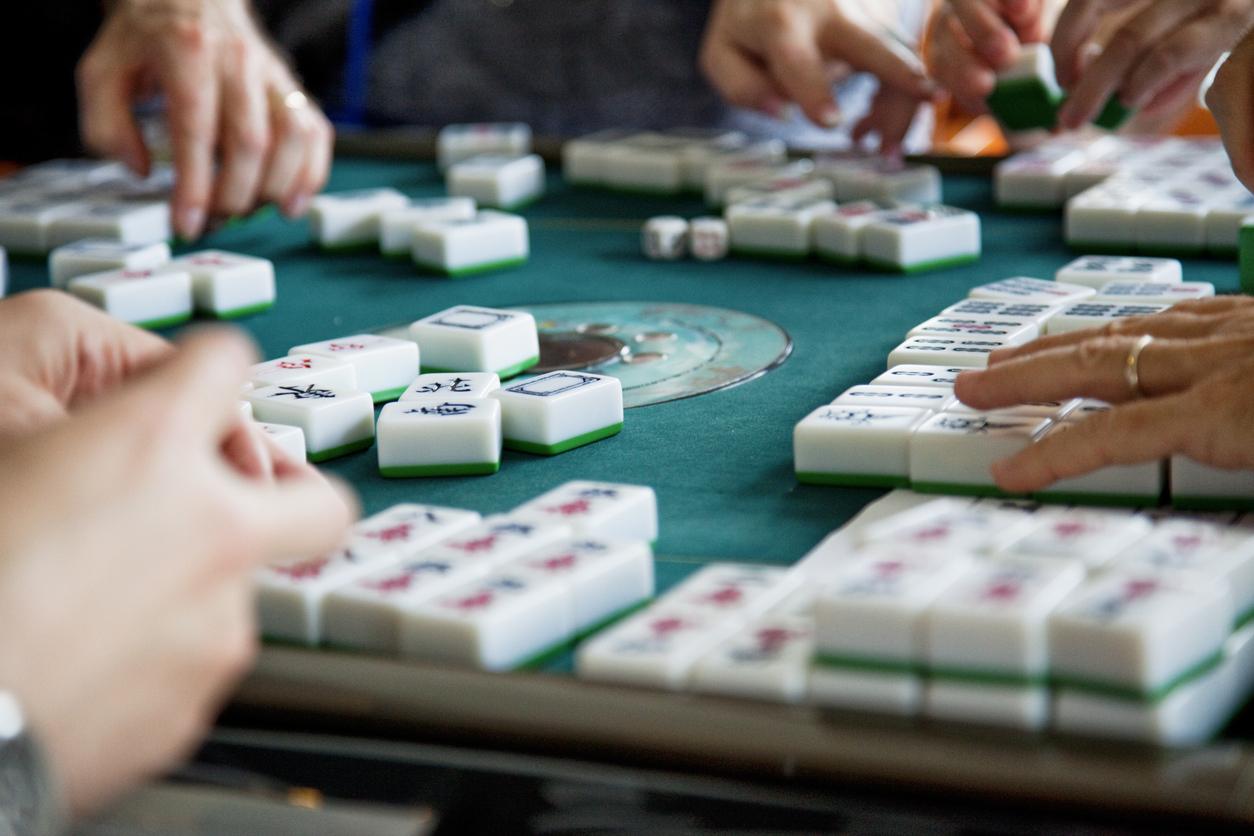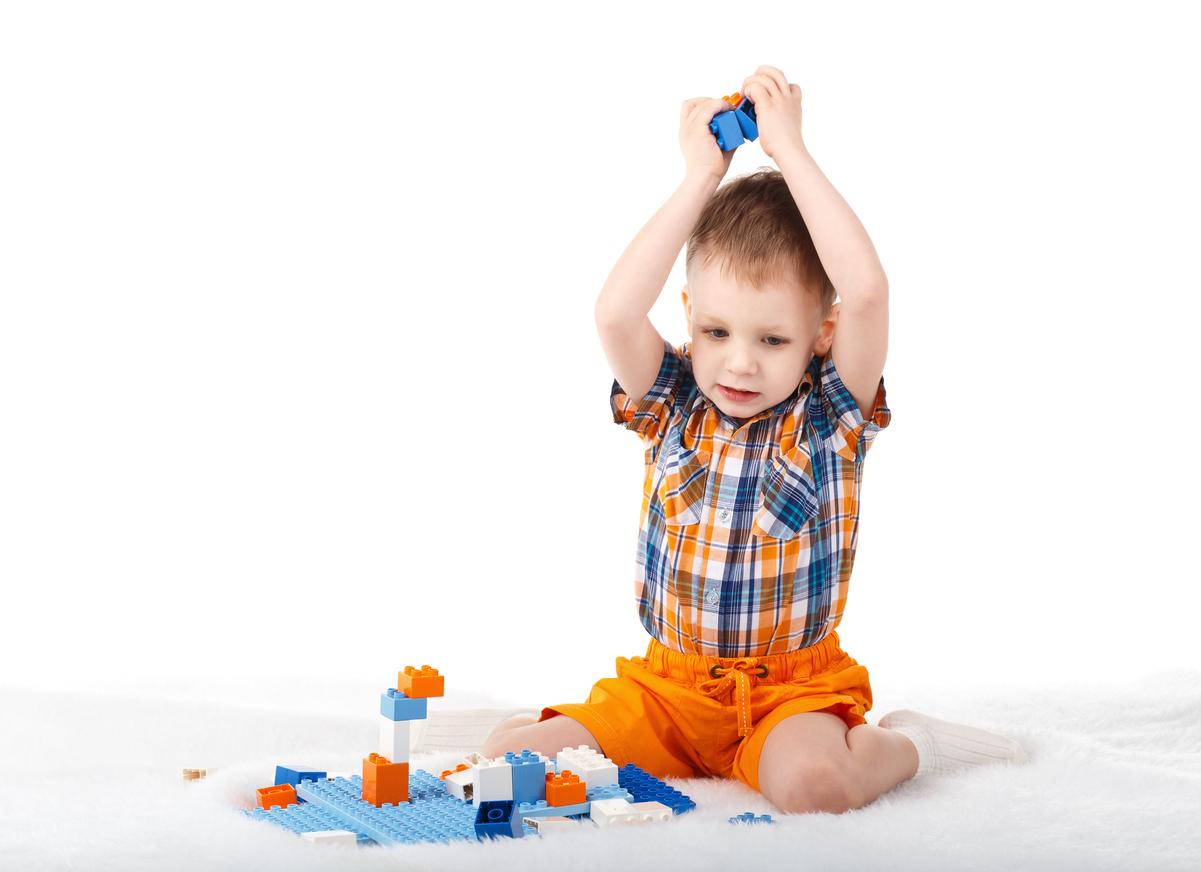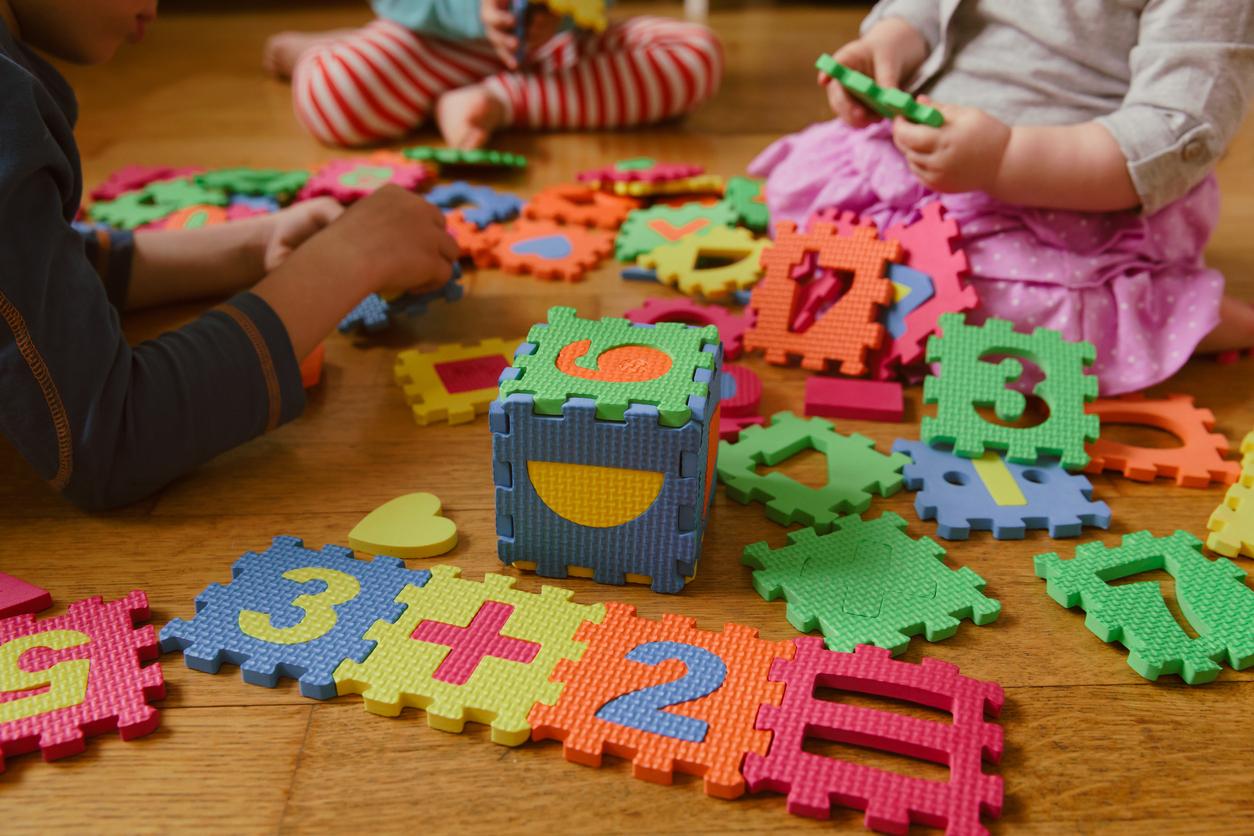Are scratch cards a sign of addictive behavior? Most certainly, if we are to believe the work of researchers in behavioral neurology and molecular medicine at the universities of Padua and Venice (Italy). Their study, published in the scientific journal Journal of Developmental and Behavioral Pediatrics, shows that adolescents who are adept at games of chance and gambling constitute a population at risk for gambling addictions.alcohol, of drugs or to tobacco. To carry out this study, the researchers recruited 1,325 volunteer students aged 11 to 13 from eight different colleges in the city of Padua (Italy). They asked them to complete an anonymous questionnaire consisting of 106 multiple-choice questions designed to assess risky behavior. For example, they were asked whether or not they had consumed alcohol, energy drinks, tobacco or marijuanain the month preceding the survey and whether or not they had bet money on any online poker games, made bets on the internet or bought scratch cards during the same period.
An association between gambling and substance use
Result: 45.8% of boys and 35.4% of girls reported ever participating in such a game of chance or gambling, and these numbers are associated with a factor that scientists have called “substance use behavior “. “Our study shows that adolescents who have had a gambling experience are more likely to be substance users“explain the authors in their study. However, the researchers stress that it is not a question of a cause and effect link between these two behaviors, only of an association.
One in two French people play games of chance and money
But what this study denounces above all is the trivialization of gambling among young adolescents, which can lead to addiction. The researchers thus point the finger at the problem of circumvention of the legislation: “even though their participation in many forms of gambling is illegal, our data shows that adolescents are most likely involved in these practices“, most often scratch games, point out the authors.”Parents often see gambling as a harmless activity and are rarely inclined to warn their children about the potential risks associated with gambling, or to restrict their teenagers’ wagering; sometimes they can even introduce their children to games by buying them scratch cards“still deplore the researchers. Currently, one in two French people occasionally play games of chance and money and one in ten spends more than 500 euros on gambling in the year, according to data from the National Institute of Education and prevention for health (Inpes). Gambling becomes “problematic” when it is associated with a feeling of guilt, the fact of playing more than expected, having financial difficulties linked to the game or even being criticized by those close to them without managing to stop. .
>> To read also:
Addiction: two women addicted to gambling blame their neurologist
Video games: is my teenager addicted?
Addictions: noticeable from 3 years old?


















